What to expect from Mindhunter season 3: Serial killers, plot and questions we need answering
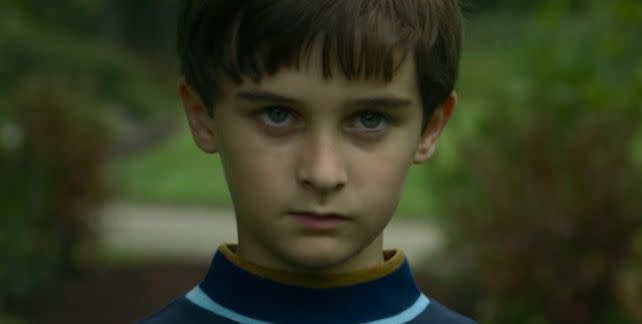
Note: This article contains spoilers for Mindhunter season 2.
Mindhunter might not have officially been renewed by Netflix for a third season just yet, but we've devoured each new episode from season two already and now we're looking ahead to what might happen next.
The latest eight-part offering introduced a number of new criminals, each of them interviewed by Holden Ford (Jonathan Groff) and Bill Tench (Holt McCallany) for the FBI's Behavioural Science Unit.
Season two featured the notorious Charles Manson (who, for better or worse, seems to be going through a pop-culture revival thanks to Tarantino's Once Upon a Time in Hollywood), David Berkowitz (also known as Son of Sam), Elmer Wayne Henley Jr. and, of course, the return of Ed Kemper and Dennis Rader, aka the BTK killer.
A thread running through the second instalment of the true-crime drama was the case of the Atlanta Child Murders. Between 1979 and 1981 there was a wave of disappearances and gruesome murders in Atlanta, and many of the victims were young, black children – most of them male.
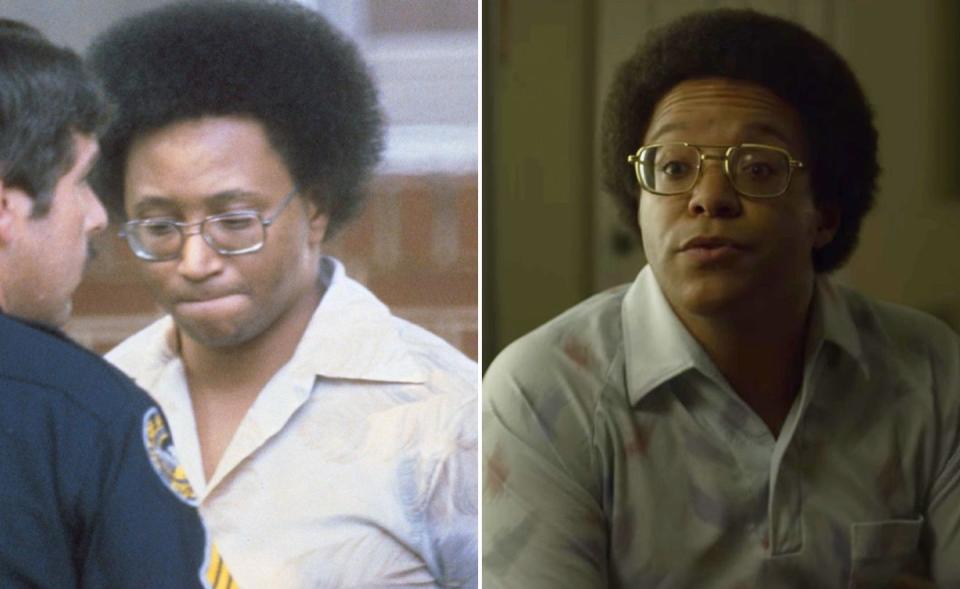
Related: Atlanta Child Murders - What Mindhunter didn't tell you about the controversial case
In 1982 Wayne Williams was charged and convicted of two murders; Nathaniel Cater (aged 27) and Jimmy Ray Payne (aged 21). He has always maintained his innocence of all crimes and never faced trial for the other deaths. However, investigators stopped looking into the other cases believing that they had found the culprit. Nobody has ever been charged with the crimes against Atlanta's children.
Aside from one final scene involving Dennis Rader (BTK), this is where Mindhunter's second season closes. But with news that the cast have been discussing a potential five seasons, there could be a lot of scope for this story to continue.
Bill Tench's son Brian: Is he going to be a serial killer?
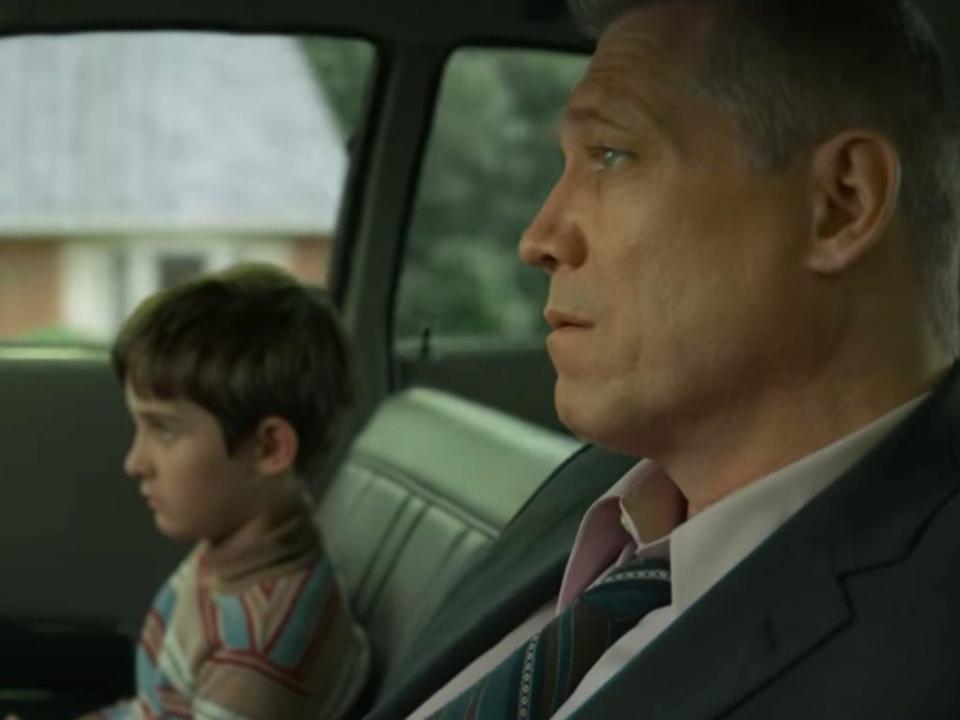
One of the second season twists came at the end of episode four, when the FBI's Bill Tench arrived home to his wife Nancy to discover the news that his adopted son, Brian, had been present at the murder of a young child.
Although he had not actively participated in the killing of the small boy (which occurred at the hands of other kids), Brian also chose not to run for help or tell his parents about what he had witnessed. What's more, he had offered the idea of displaying the boy's lifeless body on a cross (something which sparked panic among the local Church congregation).
What played out for this storyline over the rest of the series was chilling. Young Brian withdrew into himself and shut down. Perhaps this was a natural part of processing the trauma? Or, perhaps, this could be a sign of something darker brewing.

Related: Mindhunter's Ed Kemper – his true story, according to the FBI agent who interviewed him
Through this fictional storyline (one aspect of Mindhunter that is not based on true events), the nature-versus-nurture debate is raised. Of course, Special Agent Tench – and the criminal profiling work that he does – is based on real-life. Part of this work, through interviewing those that have been convicted of violent crime, was to find out what drives that behaviour. In the show, Tench is clearly concerned that his son might one day grow up to follow in the footsteps of those he talks to in prison.
John Douglas, the former FBI agent on which the character of Holden Ford is based, recently revealed to Digital Spy in an exclusive interview that he doesn't believe there's a genetic component: "I don't believe there's a killer gene, or a violent gene, that will do this," he said, indicating that it can be shaped by early experiences.
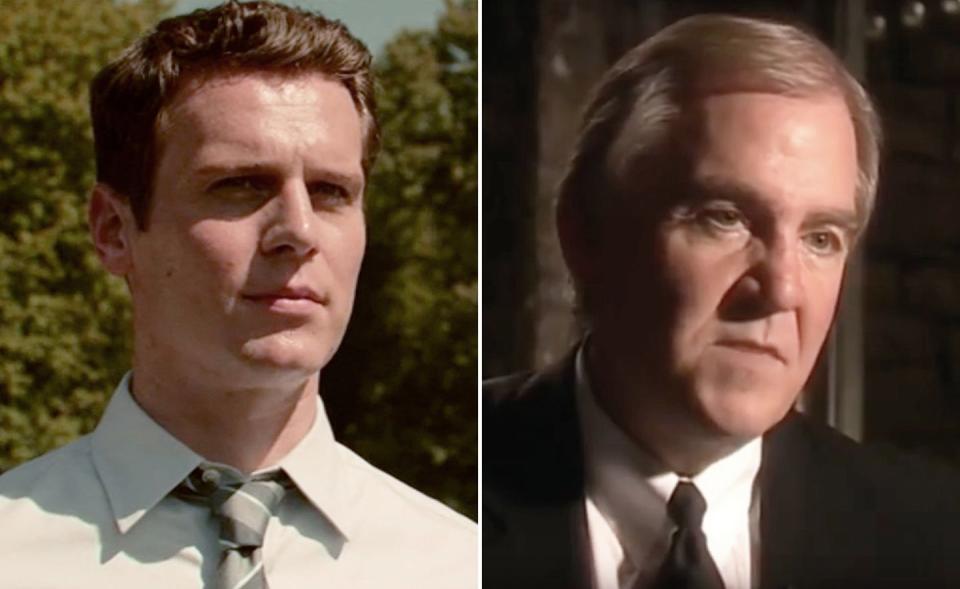
There's a lot that can be explored through Brian's story going forward, whether they continue to spotlight the effects of childhood trauma or, disturbingly, whether something that might have happened to him in his early years (before he was taken in by Bill and Nancy) has set him on a destructive course.
Ted Bundy - Will he feature in Mindhunter season 3?

There's been speculation over whether Ted Bundy, arguably one of the world's most famous serial killers, will come face-to-face with Holden and Bill at some point on Mindhunter.
He did get a mention during season two when the FBI were discussing behavioural patterns but he's yet to make an appearance on-screen.
It is widely known that, in real life, the FBI's revolutionary Behavioural Science Unit spent time interviewing Bundy as part of their psychological work to help with future criminal cases. In fact, Netflix's documentary series, The Ted Bundy Tapes (released earlier this year), incorporated some of these conversations.

Related: Did you spot this Mindhunter link in Netflix's Ted Bundy Tapes?
In episode four of The Ted Bundy Tapes we saw a 1984 news bulletin discussing the work of the FBI. "The nation's worst mass murderers may yet make a contribution to society," the newsreader said. "They have supplied the raw data to help the FBI build a composite picture of the masked killer and his victims."
By this point, FBI agents – including the aforementioned Douglas as well as his colleague Robert Ressler (the basis for Tench) – had already interviewed over thirty convicted killers. Special Agent Bill Hagmaier joined the Behavioural Science Unit and was one of those tasked with interviewing Ted Bundy on Death Row.
At this point Bundy was still maintaining his innocence, so the FBI faced a tough job in getting him to talk. In audio clips used in the documentary, Bundy instead offered insight by consulting on investigations of other crimes, poring over newspaper clippings of other murder cases in order to help build a psychological profile of the likely perpetrator. It was hypothetical at this point, but through his words the FBI were able to gain an understanding of Bundy's own mindset.
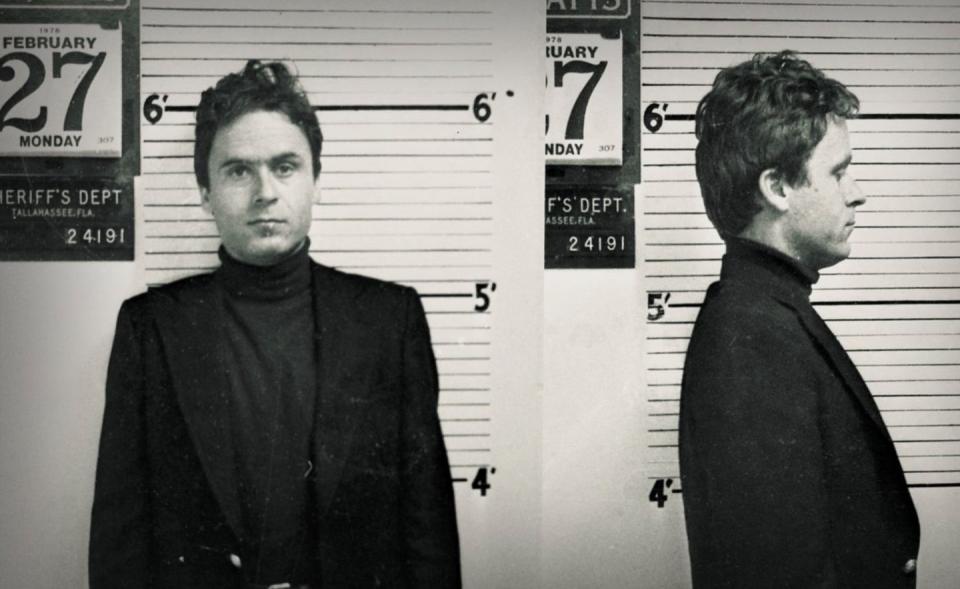
Related: One big criticism of the Ted Bundy Tapes, according to former FBI agent John Douglas
It was ultimately in front of Bill Hagmaier (and Detective Bob Keppel) that, two days before Bundy's scheduled execution in 1989, Ted Bundy confessed to murdering around thirty women in the years between 1973 and 1978.
Of course, the question of whether this will feature in Mindhunter boils down to the timeframe. Its recent second season ended in 1982, providing no time passed between the conviction of Wayne Williams and the final scene of the BTK killer.
Should season three pick up at some point in the mid-80s, they could incorporate Bundy's interviews with the FBI. Should a later season of Mindhunter cover the later years of the '80s era, Bundy's confession could feature instead.
It does seem quite likely that Bundy could be cast in the Netflix drama at some point, thanks to the renewed attention in his case (following the 2019 Netflix documentary and follow-up movie, Extremely Wicked, Shockingly and Vile). Also he's arguably one of the most infamous killers that the FBI spoke with.
Will the BTK Killer's case eventually get closed?
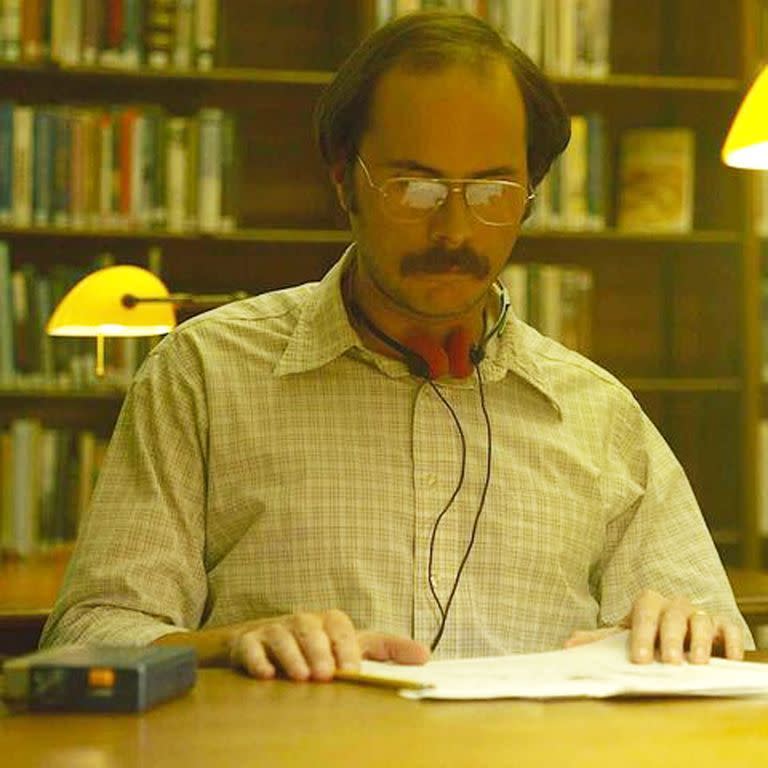
Also known by his BTK pseudonym, Dennis Rader has been a continued feature across both seasons of Mindhunter so far – and we'd expect this to continue. Rader's story did not come to a close in the second season, which makes sense considering his final victim, Dolores Davis, was murdered in 1991.
In fact, he was not caught until 2005 – 14 years after his final murder. After the BTK case went cold, Rader sent another letter (not out of the ordinary for him) to the press. It was this that ultimately lead to his capture. Rader sent a floppy disk directly to the police department that ended up being traceable.
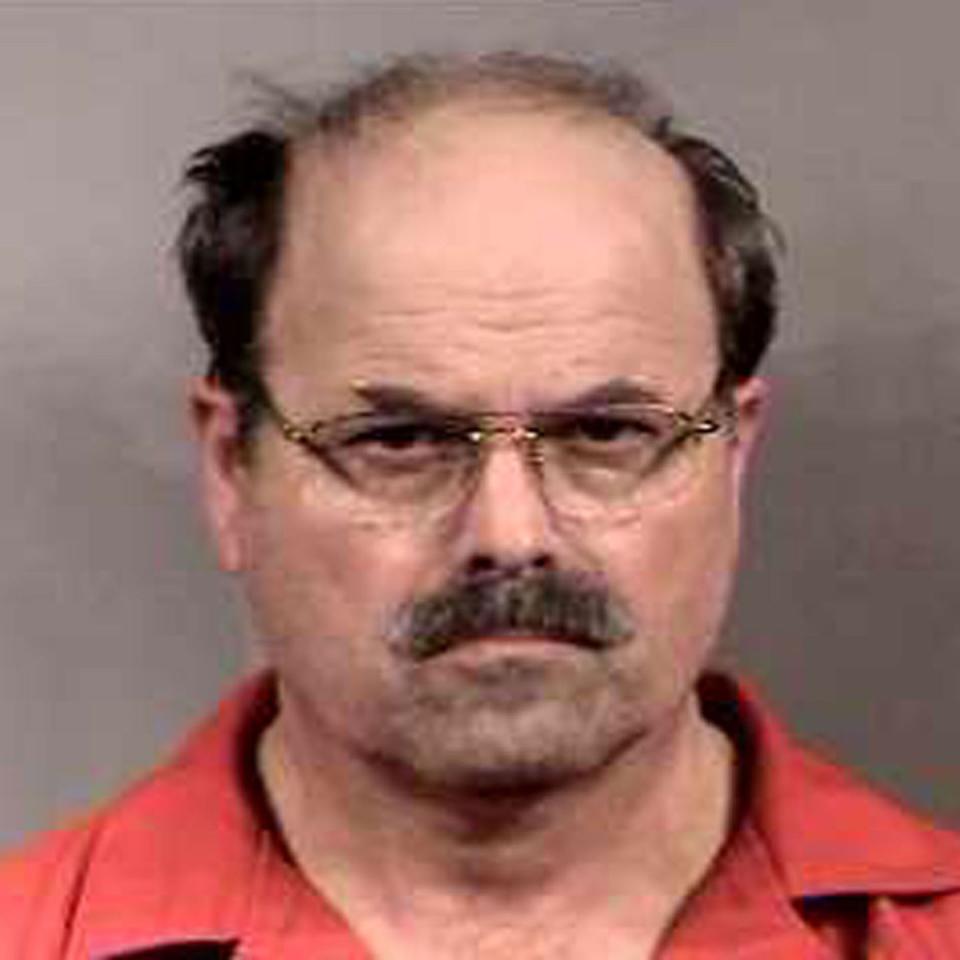
Wichita police arrested him in February of 2005 and he was turned over to the FBI for questioning. This could be an indicator, if Mindhunter does run for the full five seasons, on how the series might culminate.
Robert Hansen and Larry Gene Bell
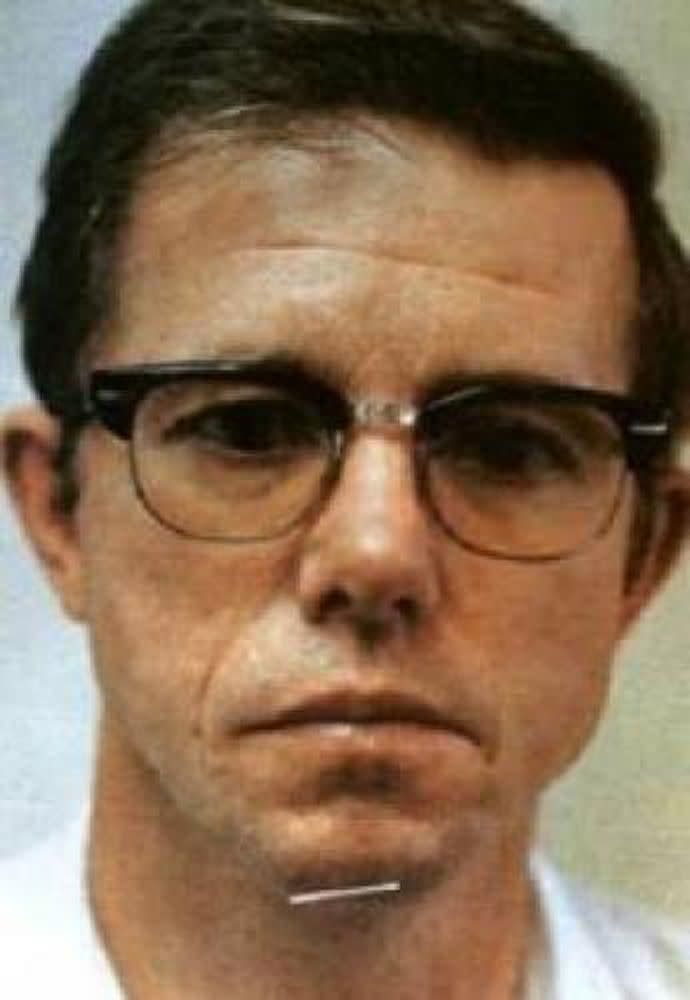
Both Hansen and Bell's cases featured in John Douglas's non-fiction memoir Mindhunter: Inside the FBI's Elite Serial Crime Unit, on which the Netflix series is based.
Robert Hansen, also known as the Butcher Baker, was active between the years of 1971 and 1983 when he abducted, sexually assaulted and killed at least 17 women. The help of the FBI was requested during the investigation, and they were asked for a psychological criminal profile.
Hansen was apprehended in '83 and convicted in 1984. After confessing and pleading guilty, he received a 461-year sentence. Dates-wise, this might fit into the Mindhunter timeline if they pick up straight where they left off.
As for Larry Gene Bell, he was convicted on two counts of first degree murder for the killings of Sharon Faye Smith and Debra May Helmick. Bell is also suspected in a number of other young women's disappearances and presumed murders in the North Carolina area. Denise Newsom Porch is one of those that remains missing, although she was legally declared dead in 1982.
Bell was executed in 1996 after requesting the electric chair. He claimed to be Jesus and apparently opted for that death penalty method because he thought it was a direct path to heaven (via an archival AP article). There have been questions raised as to his mental health.
The Killer Across the Table
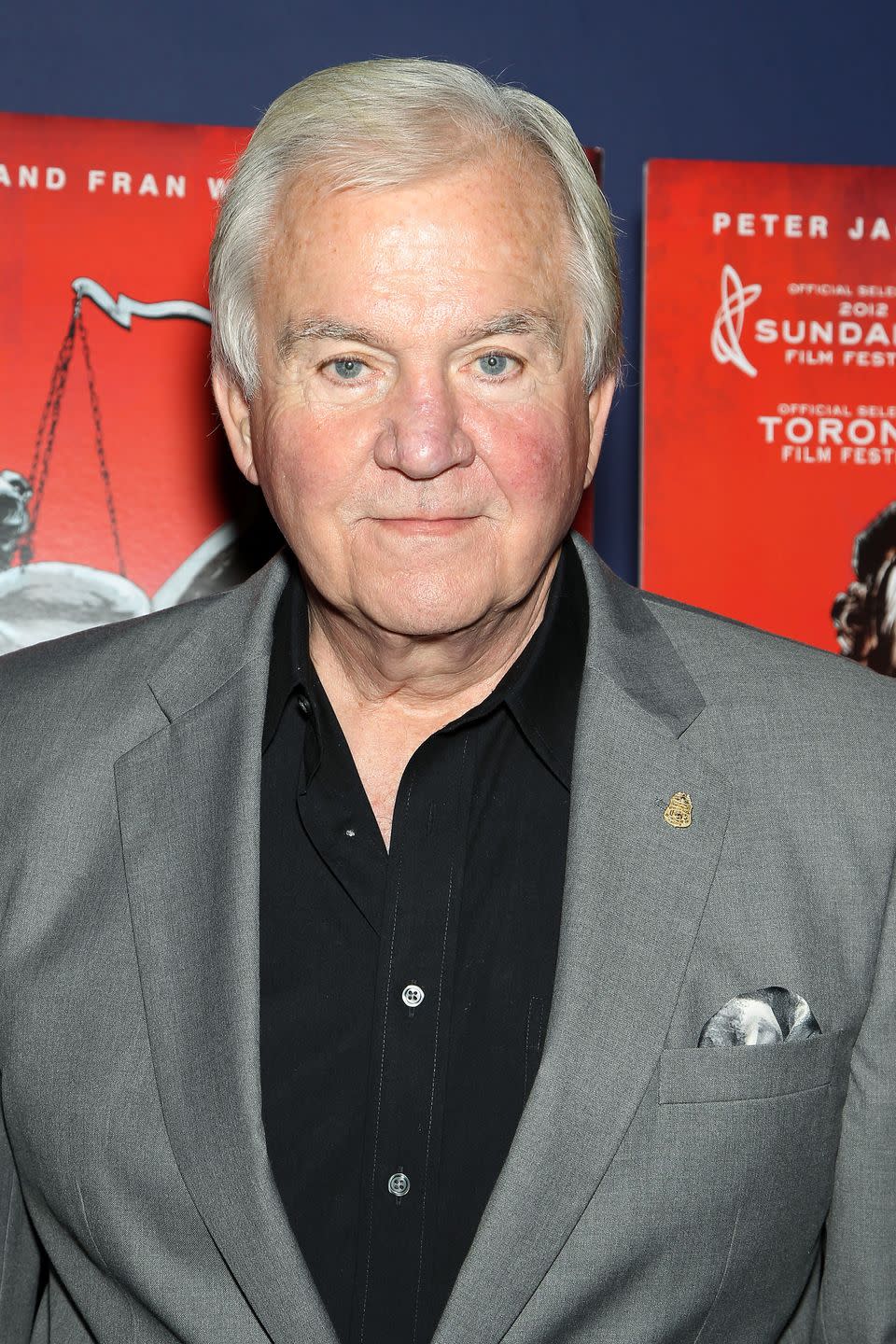
John Douglas, once again in collaboration with author Mark Olshaker, has now published another true-crime book based on his profiling work in the FBI. Should the show choose, Mindhunter may decide to draw on the cases that are included in this book too.
During an exclusive interview with Digital Spy, Douglas explains that The Killer Across the Table addresses "four different types of killers that I thought were all a bit different in the method and manner – who they killed, why they killed".
Telling us about one of the cases featured in the book, Douglas detailed his experience of meeting with a man that was convicted of killing a 7-year-old child but had served his 30-year sentence.
"The parole board brought me in to interview him because, even though they had psychologists and psychiatrists, a lot of them were saying that he was ready to be let out of prison," Douglas says. "[I] did what ended up being a five hour interview. And about an hour or so into this conversation... I took him back to that day [of the crime]."
"What's fascinating is the crime was 30 years old [but] to him it sounded, as he was describing everything, it was just like it happened yesterday," he adds.
"I'm there to evaluate and see whether or not he can go back into society. And as he's telling me the story, he drifts off [and] he's trembling, because it's so cold in this jail cell, but he's also sweating profusely," Douglas describes, before saying that "he goes through all the gory details."
Douglas revealed that the parole board were "shocked" at how he had gotten the information. They kept the man in prison.
One thing's for certain; whatever ends up being explored in Mindhunter season three, should it be confirmed, we'll be watching. And listening.
Mindhunter season two is now available to stream on Netflix, along with Mindhunter season one.
Want up-to-the-minute entertainment news and features? Just hit 'Like' on our Digital Spy Facebook page and 'Follow' on our @digitalspy Instagram and Twitter account.
You Might Also Like

